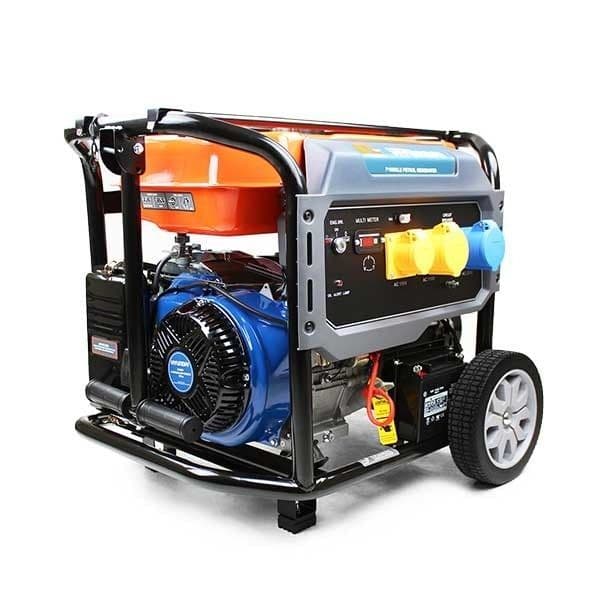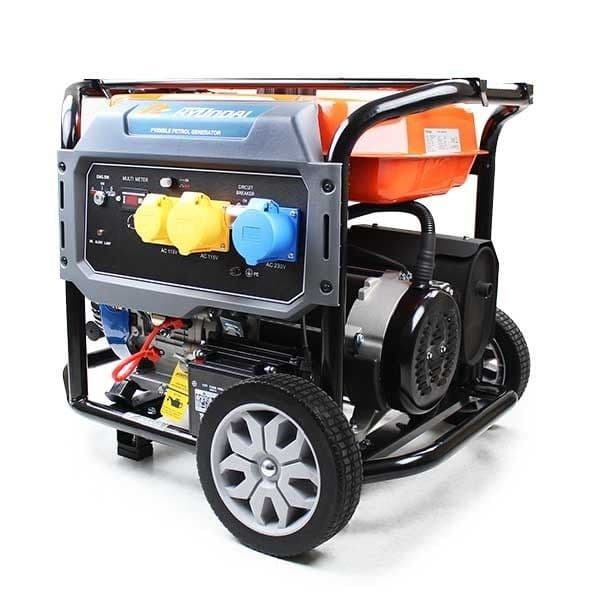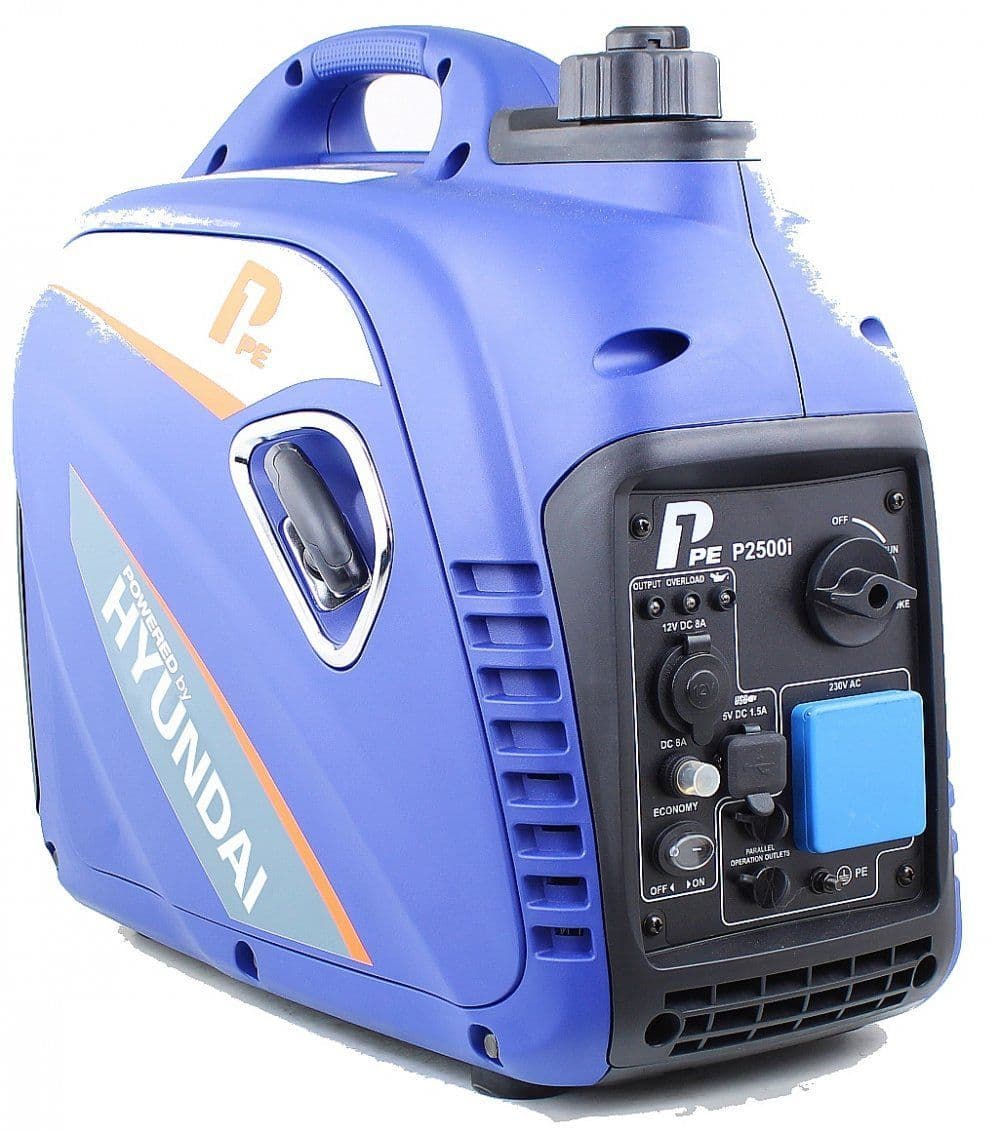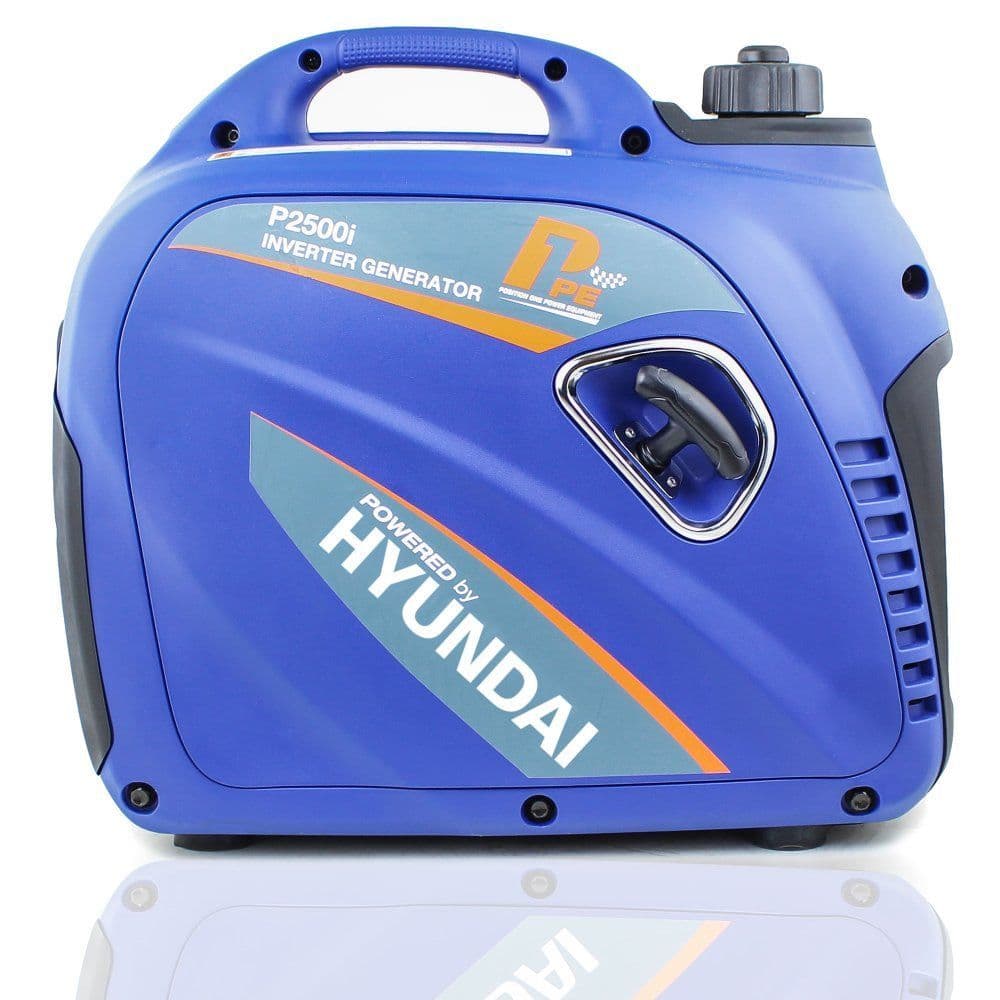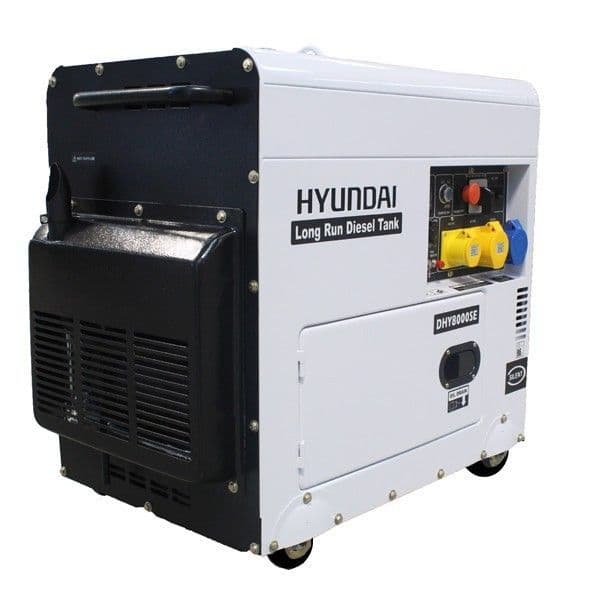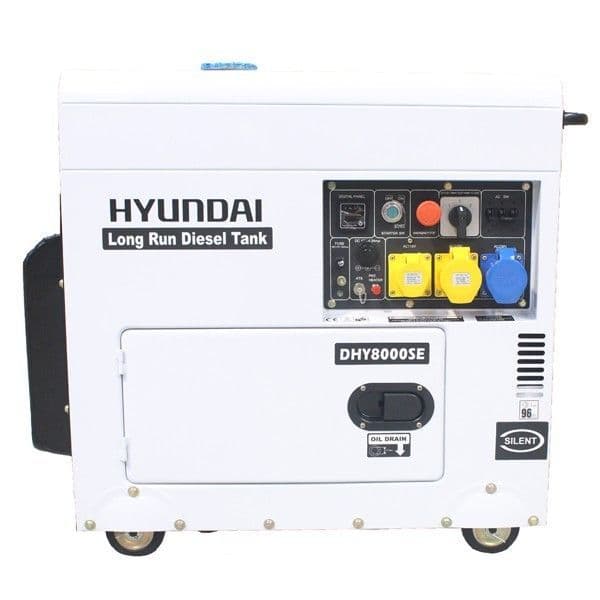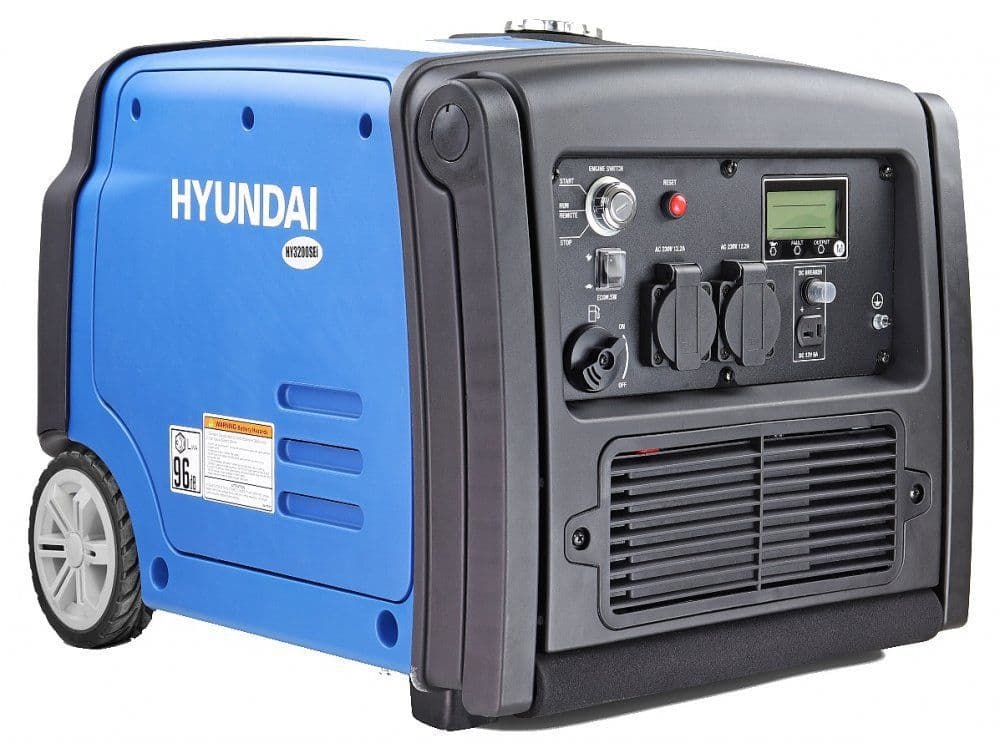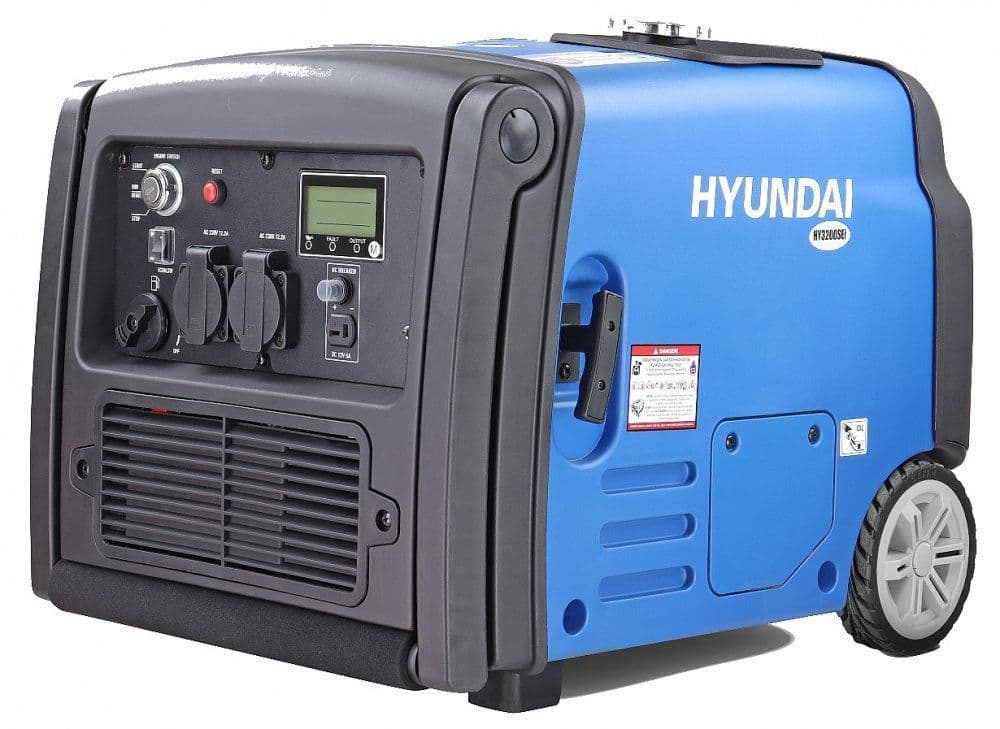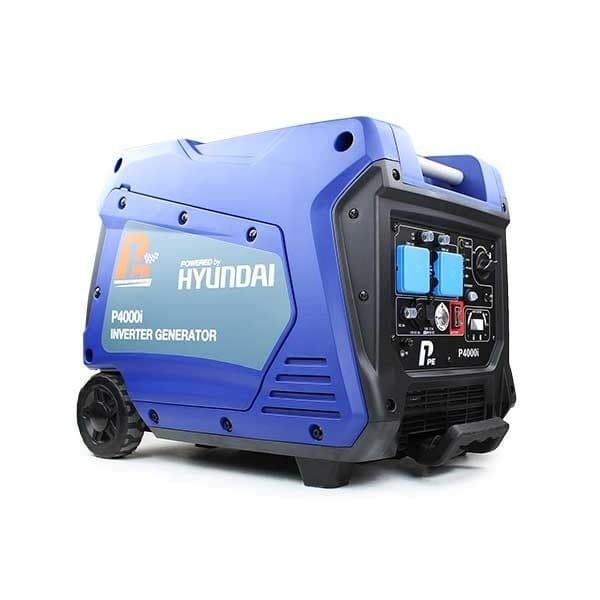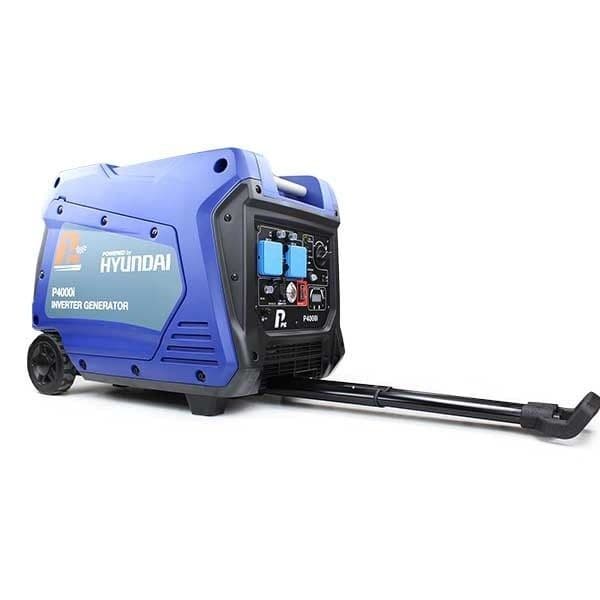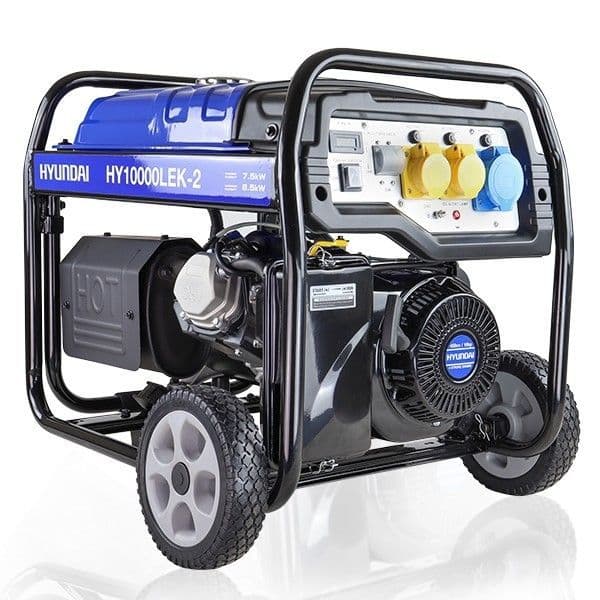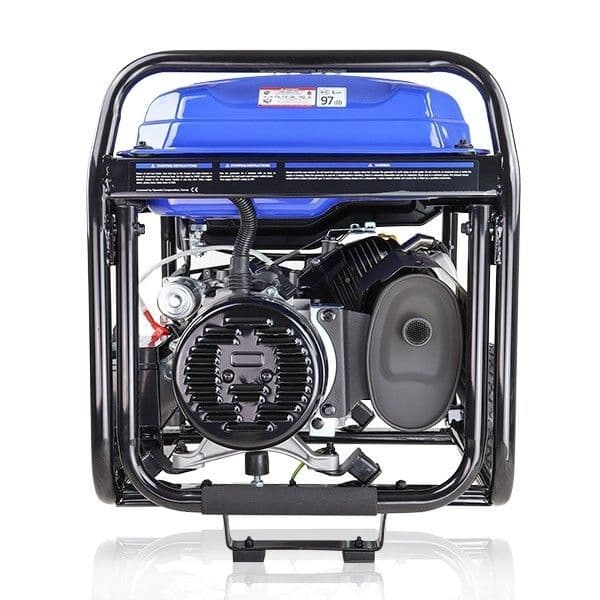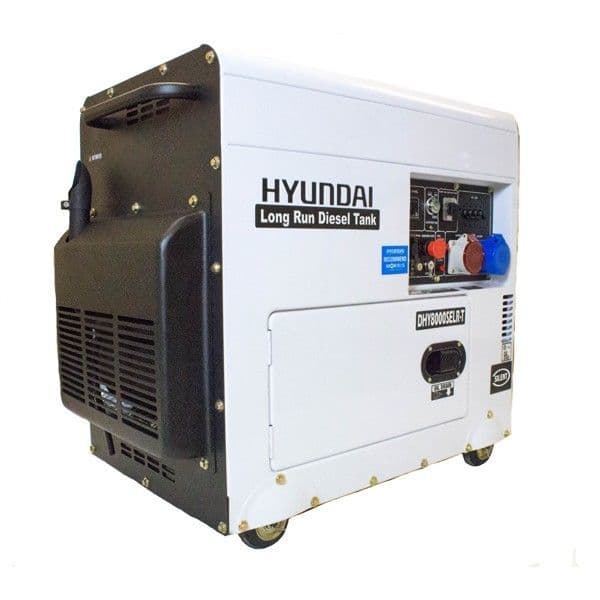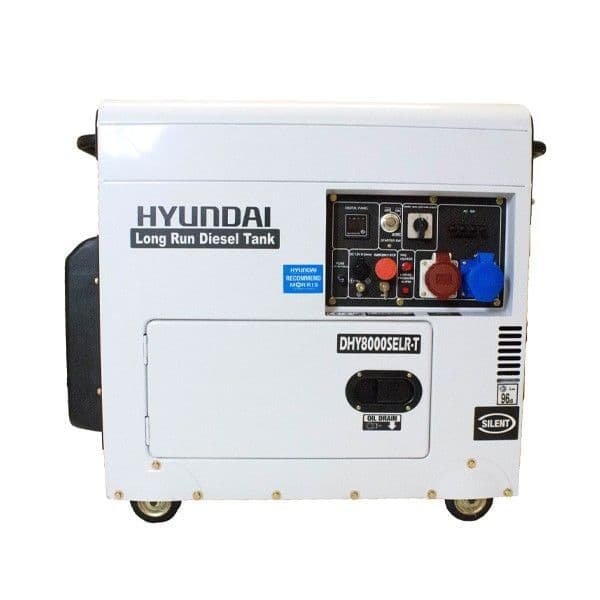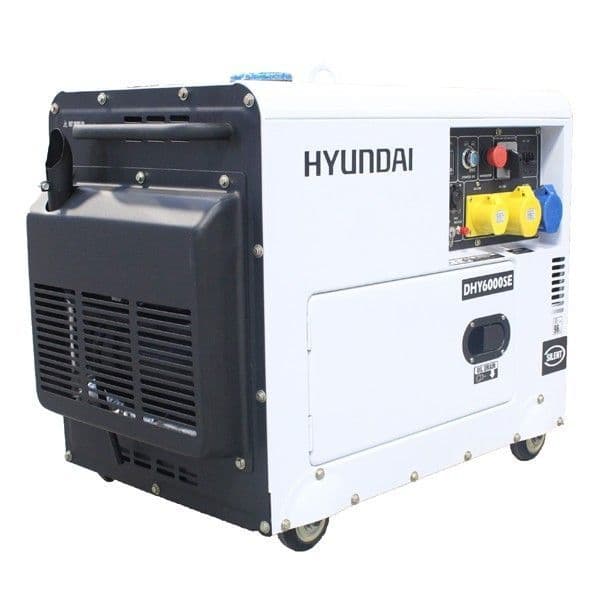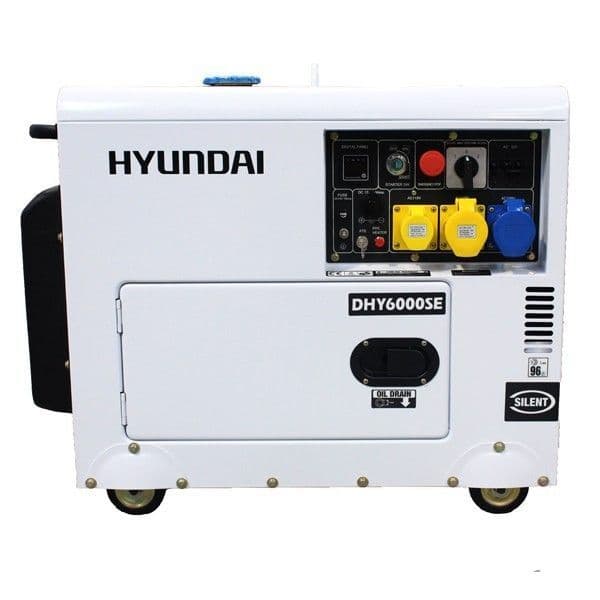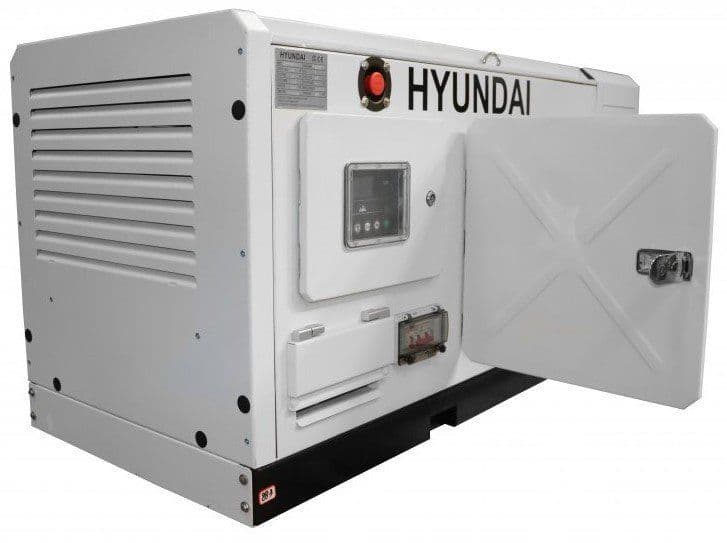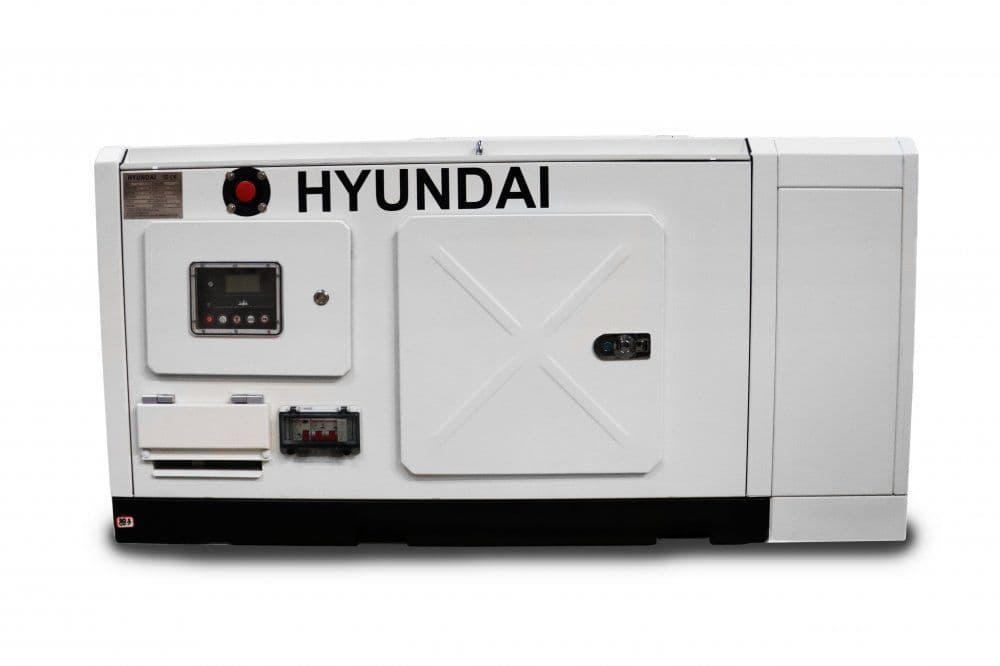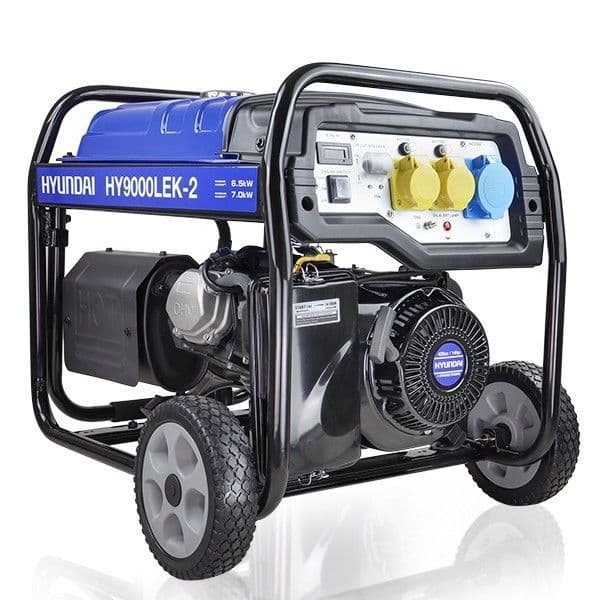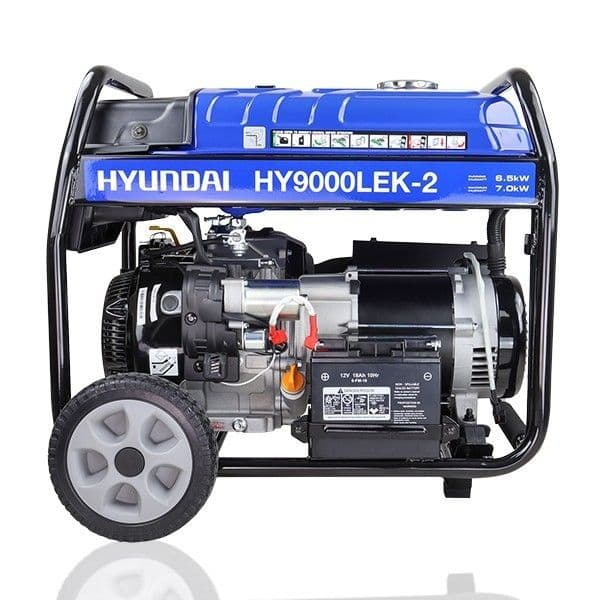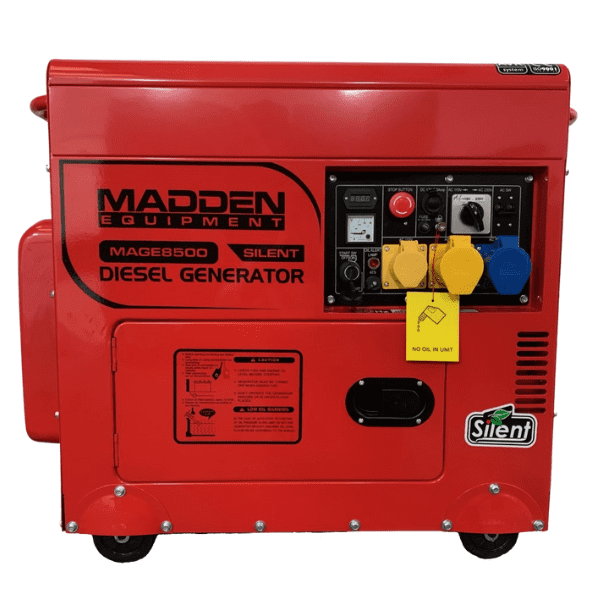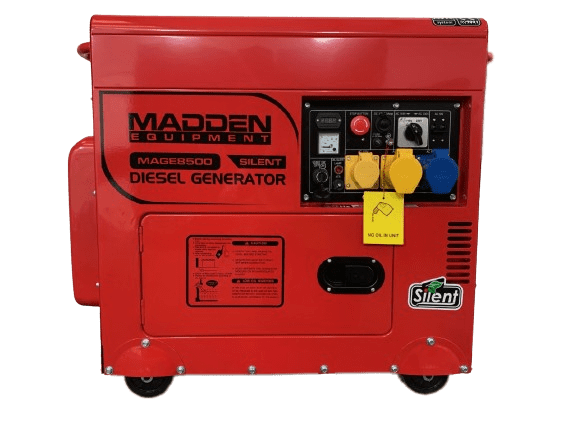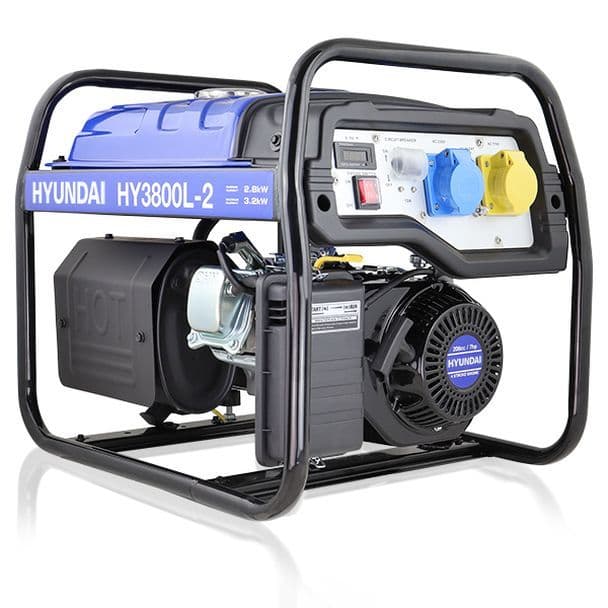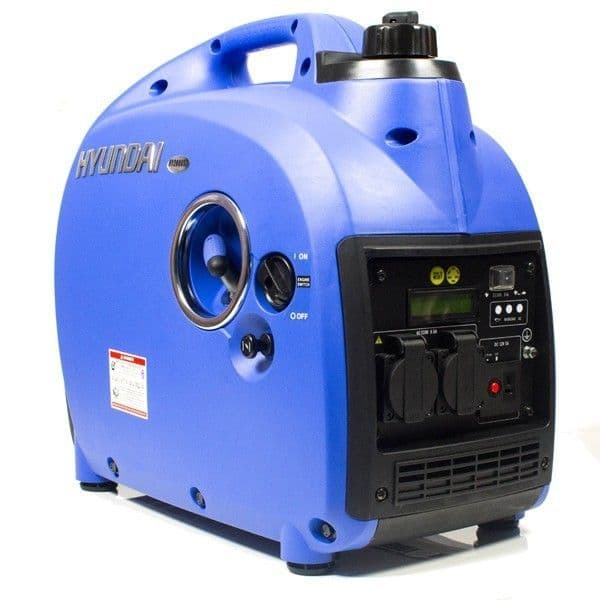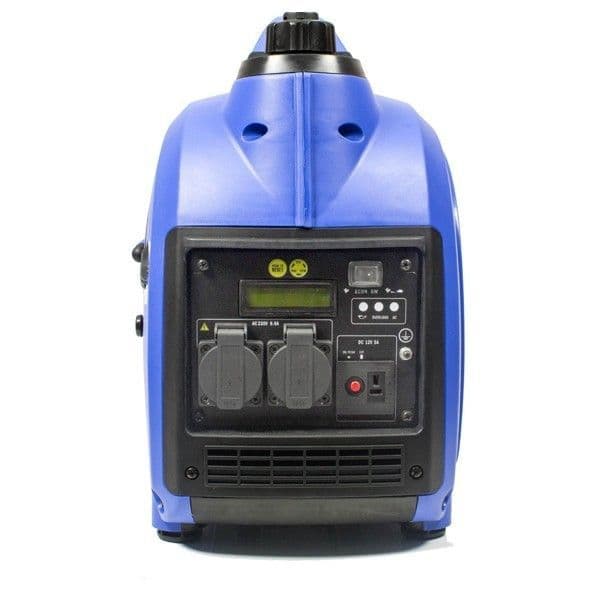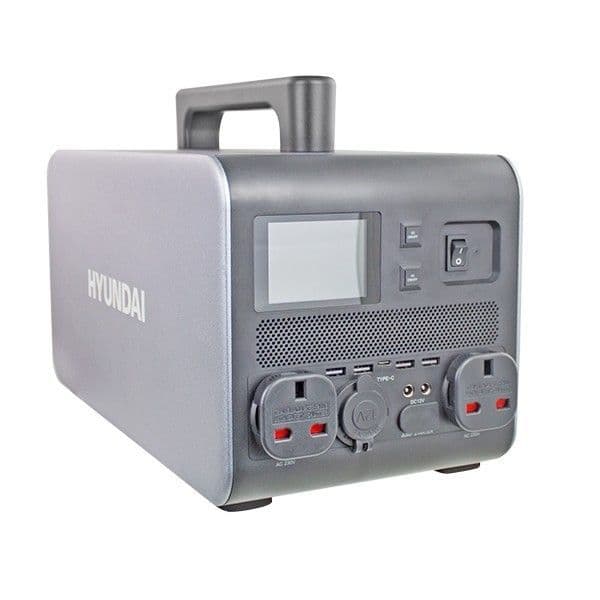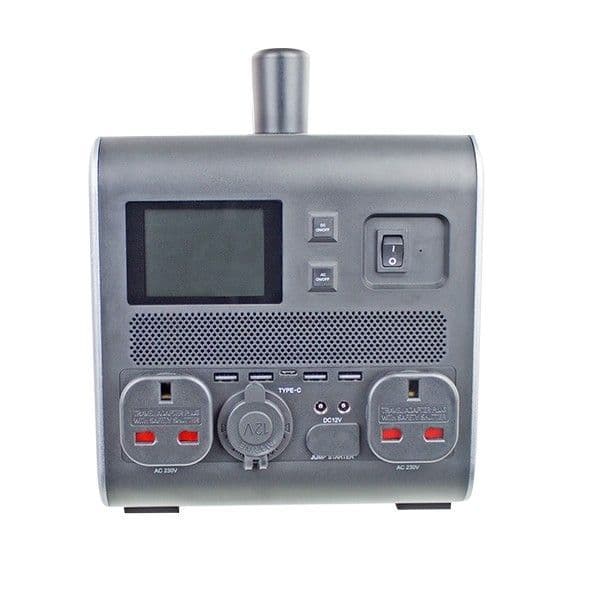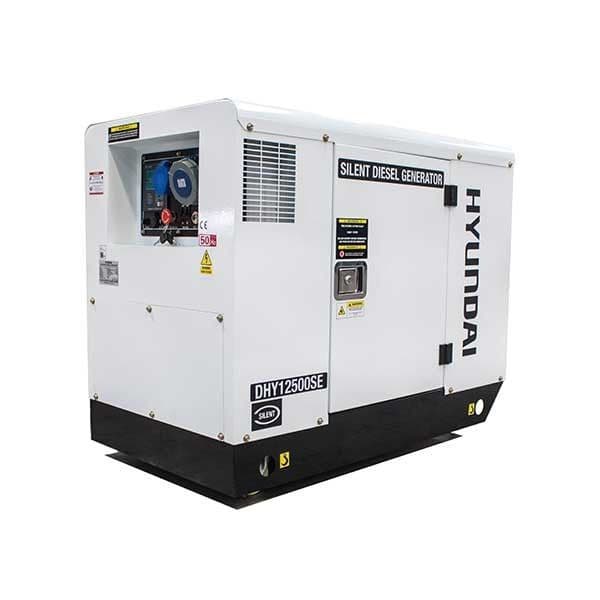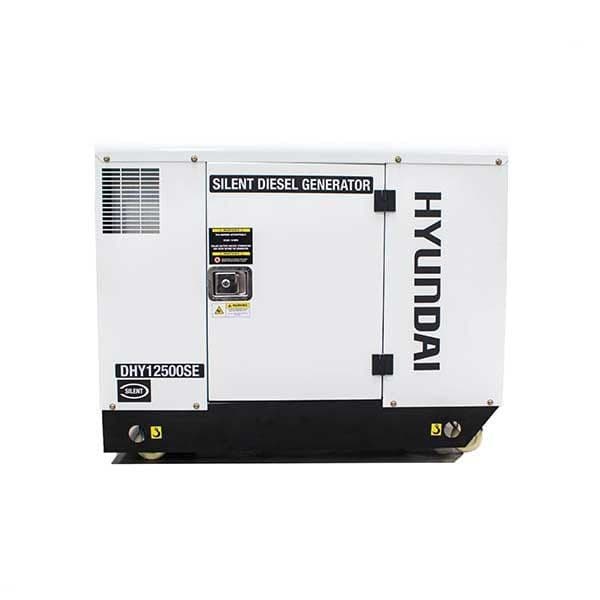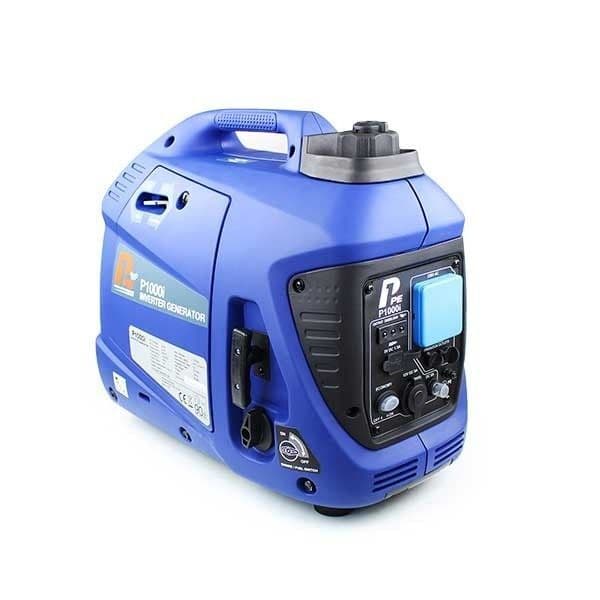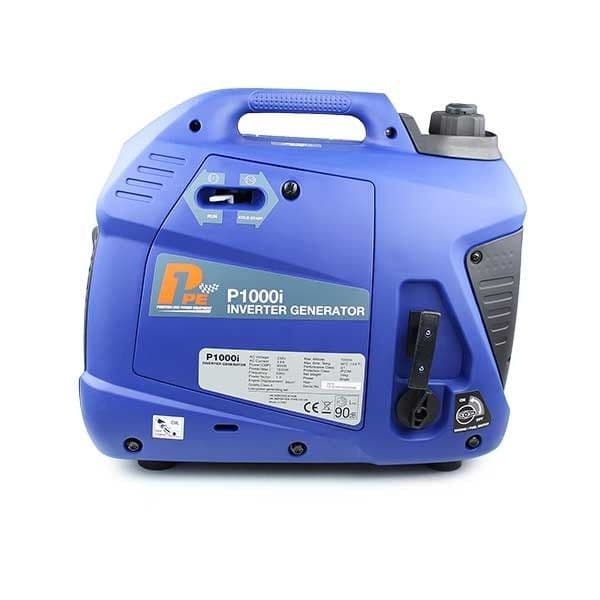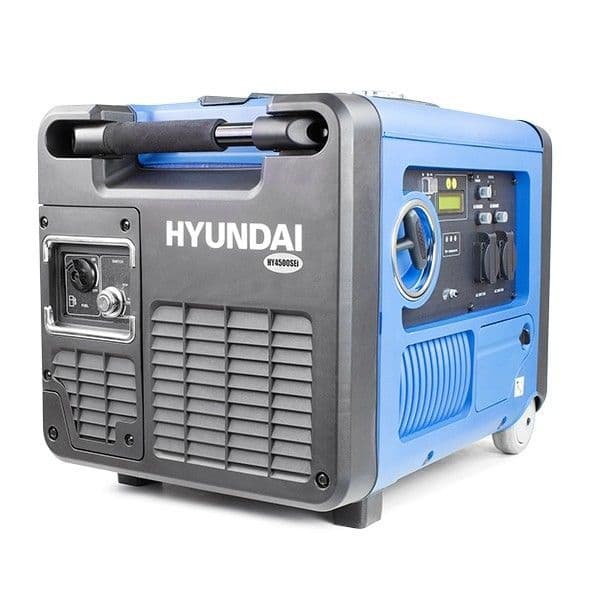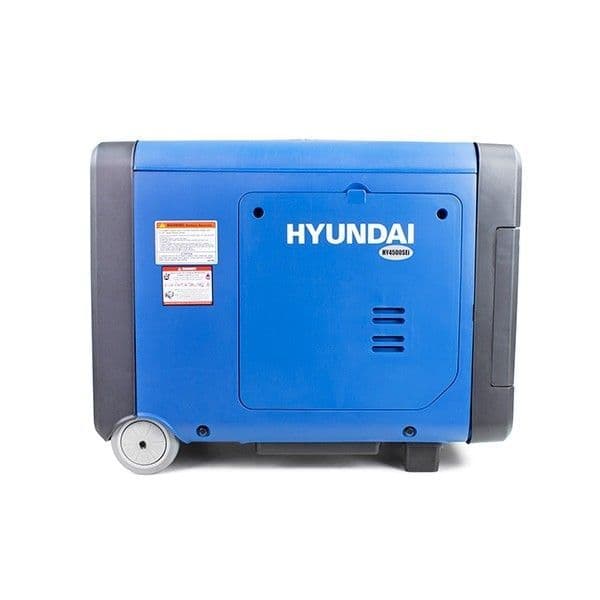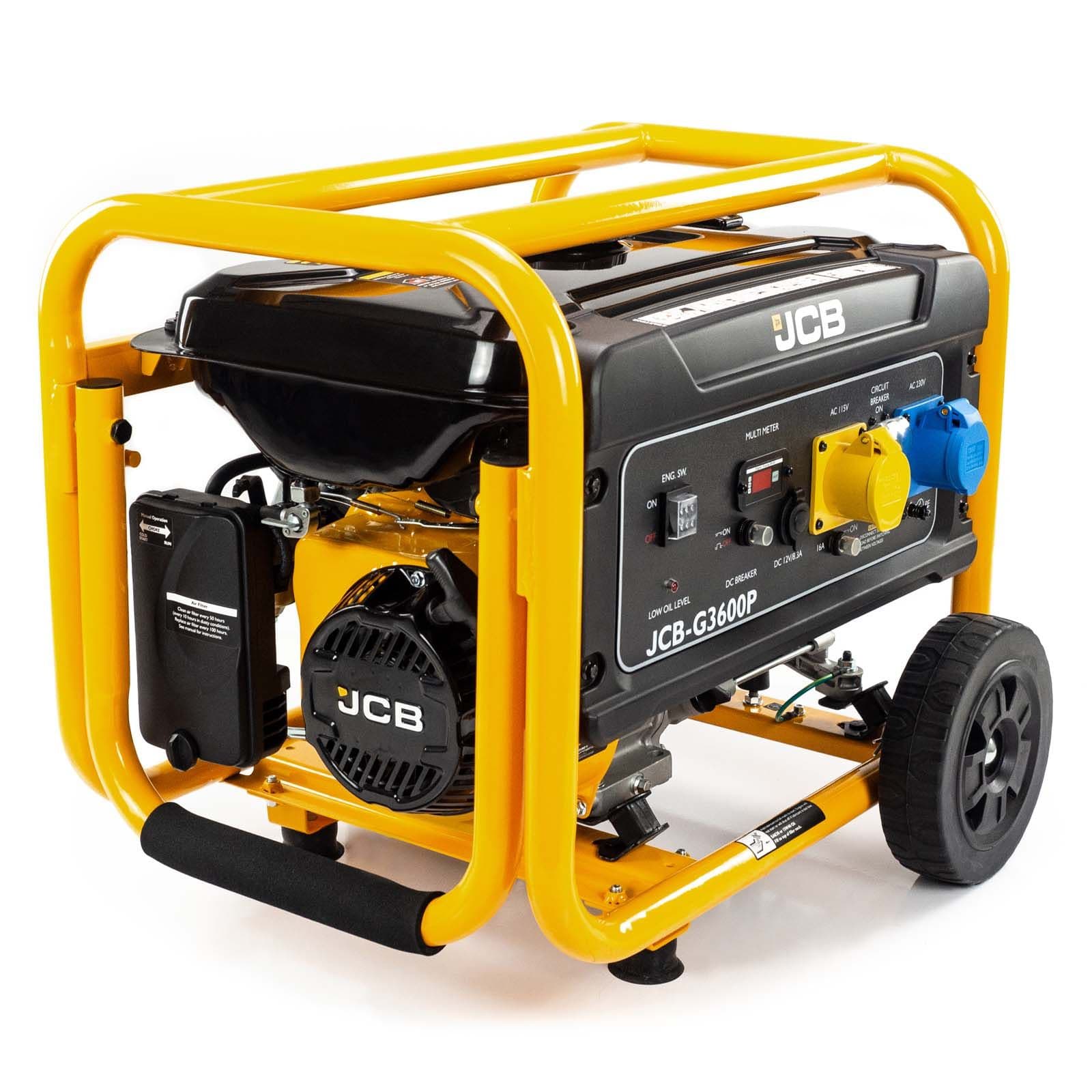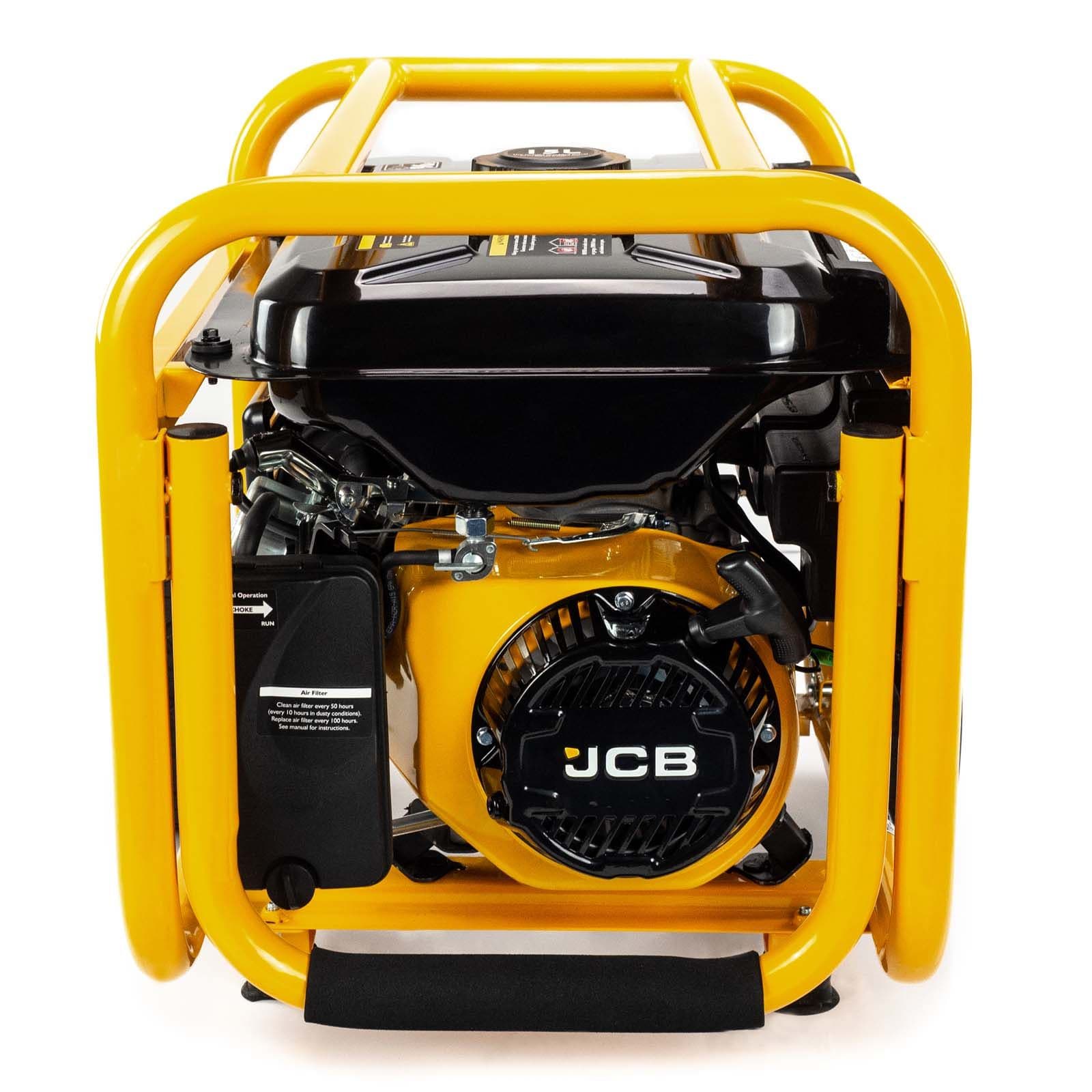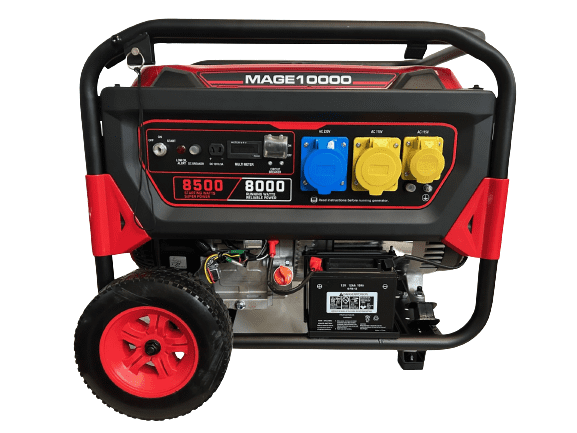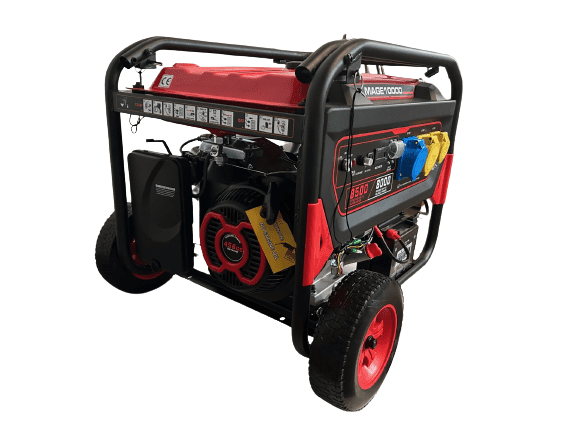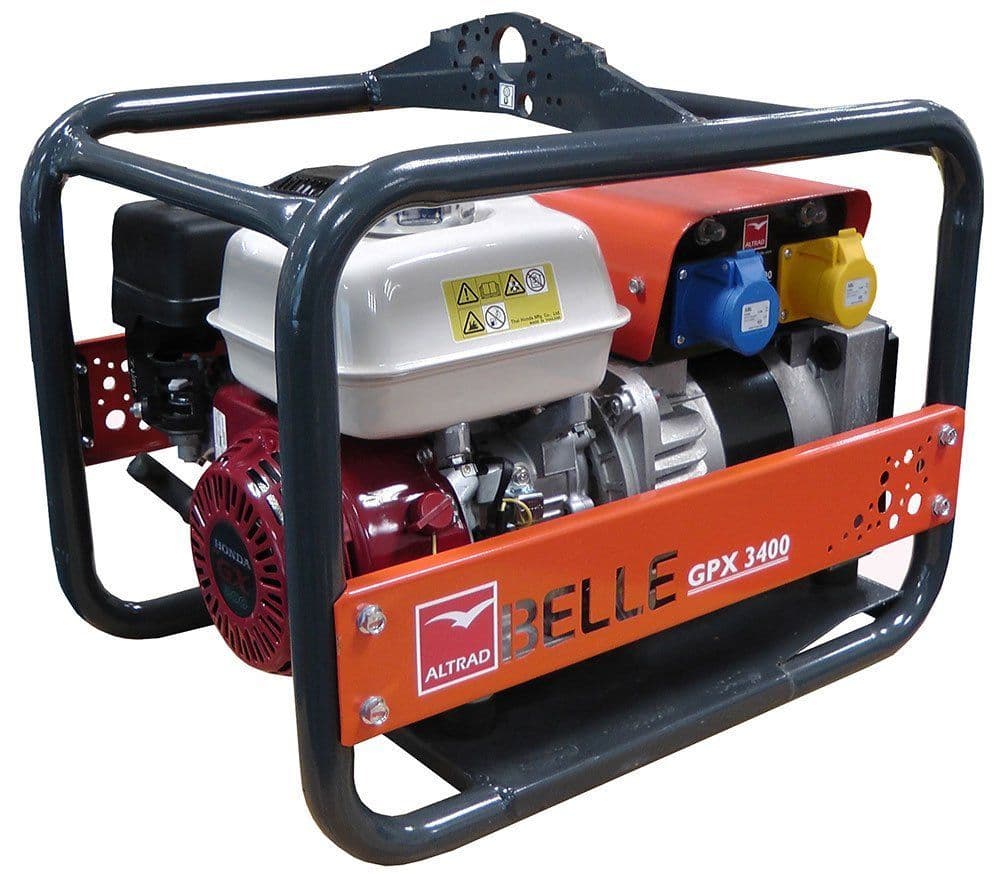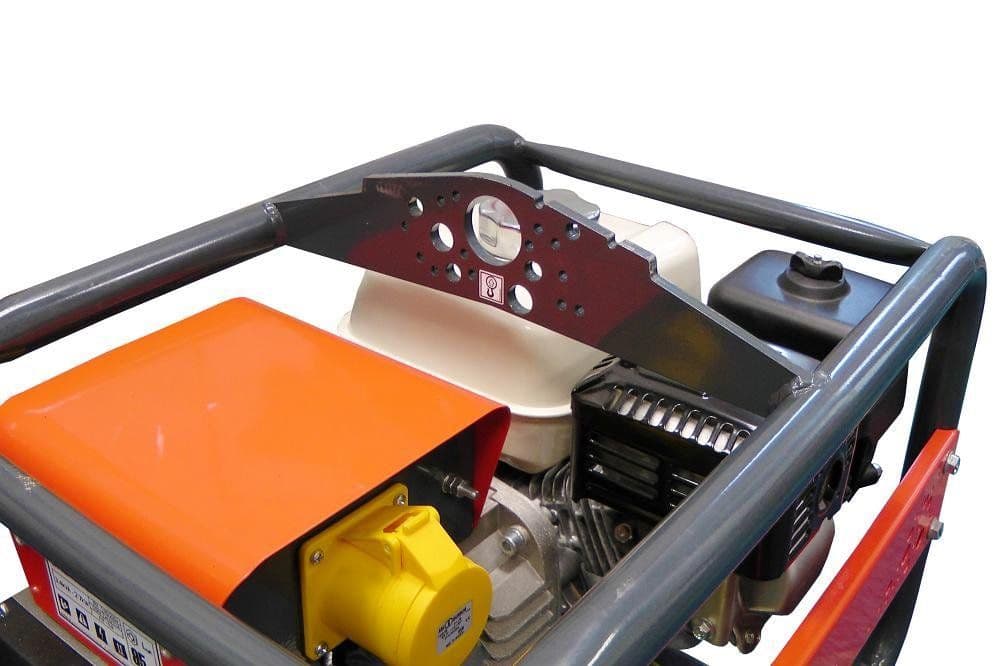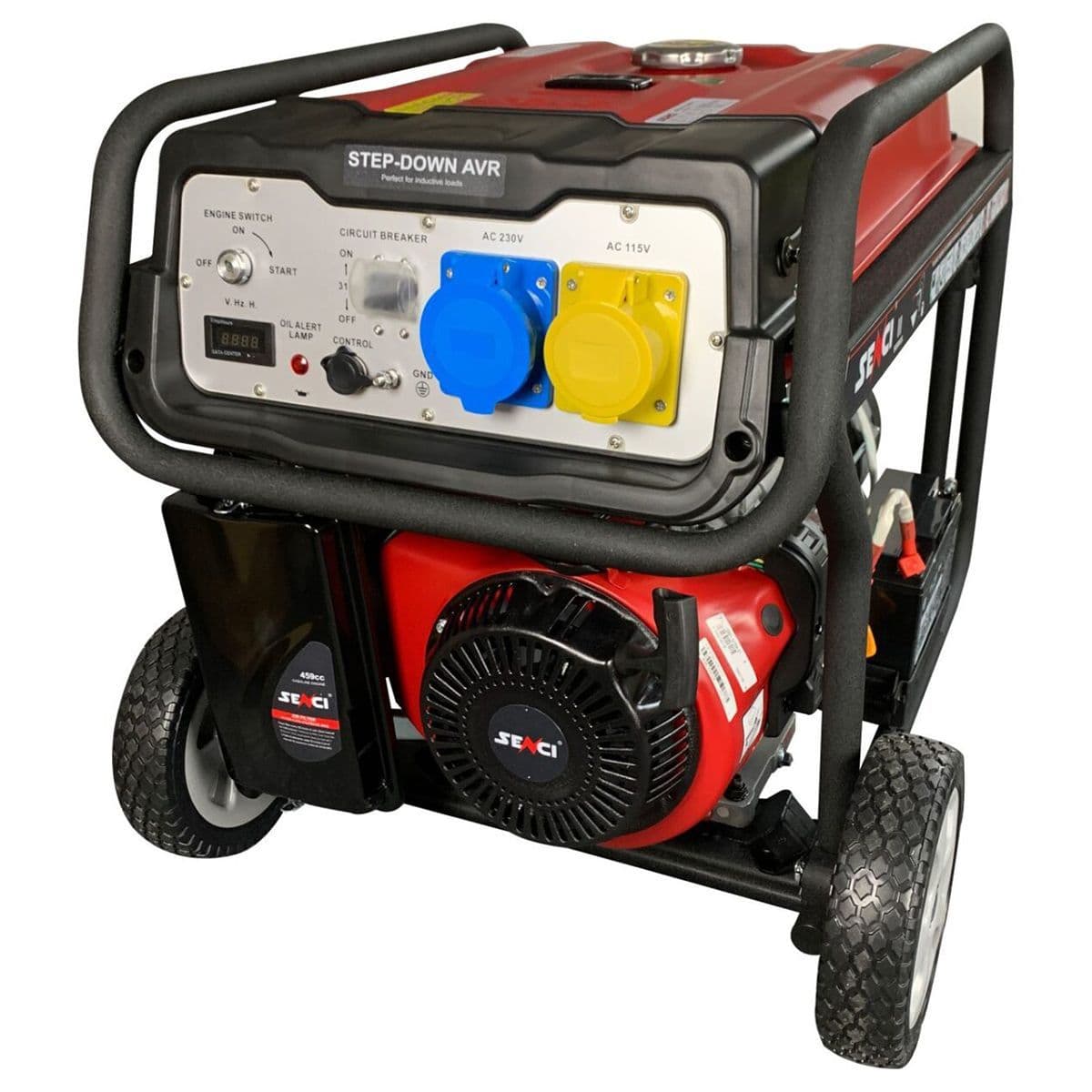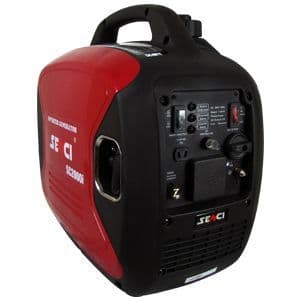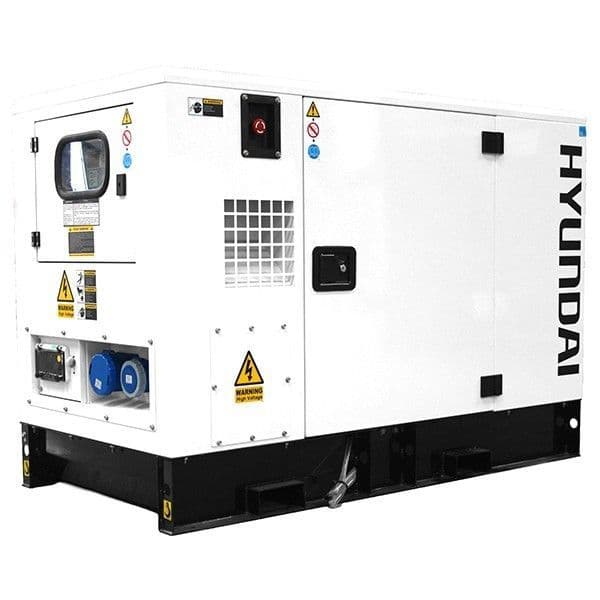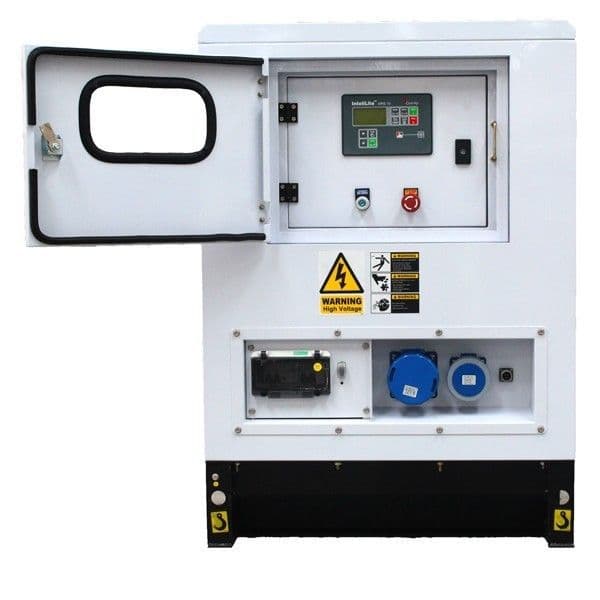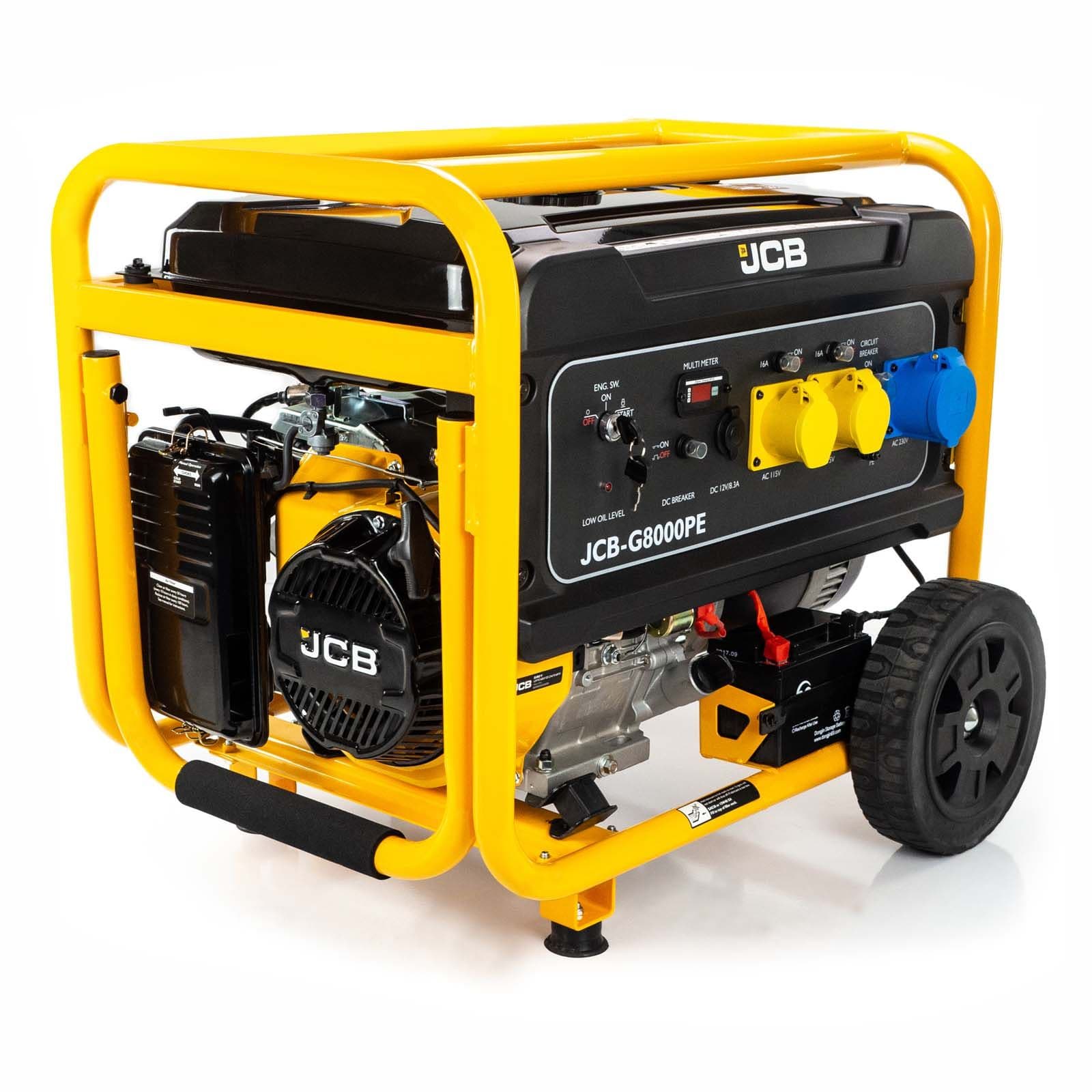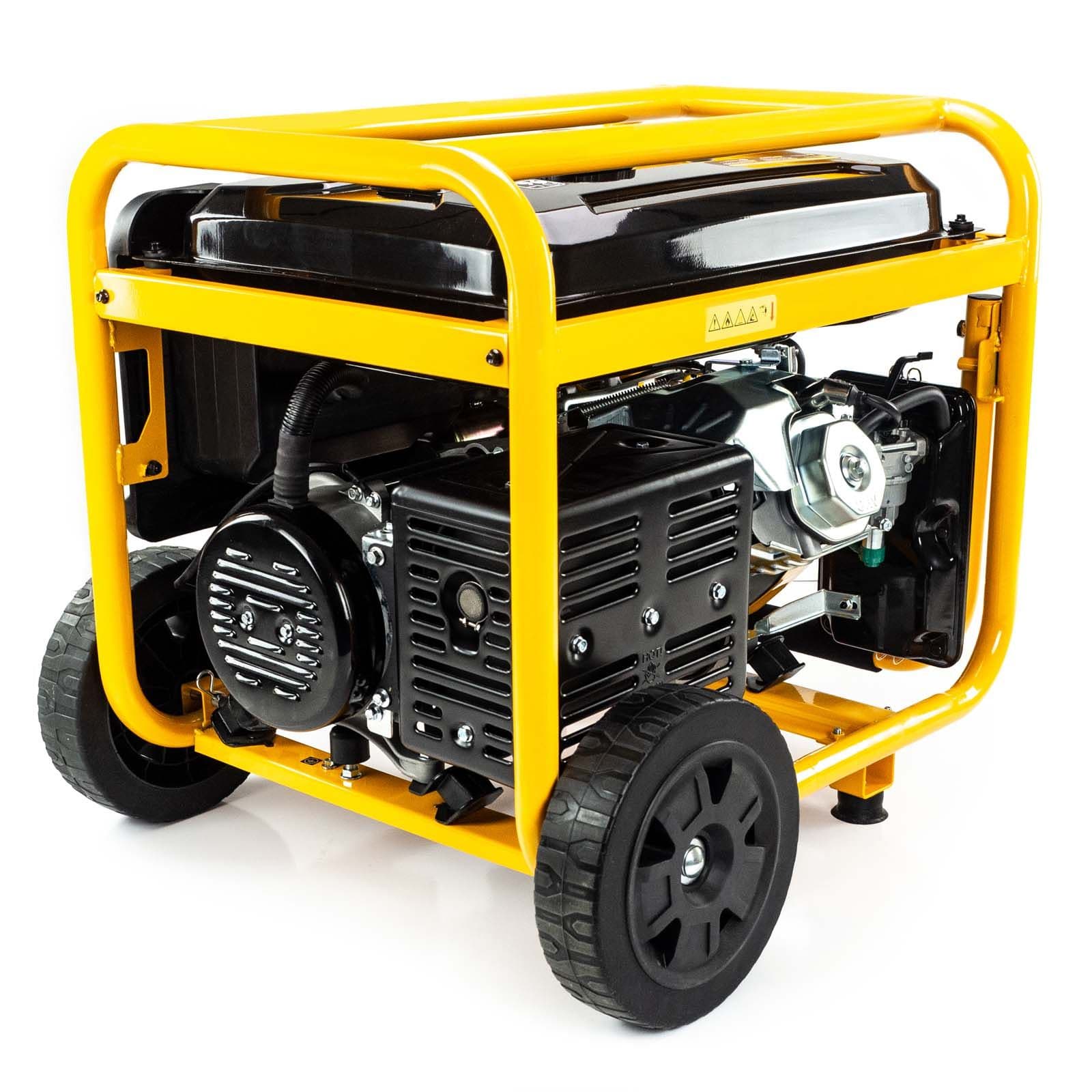At Machine Direct, we offer a comprehensive selection of high-quality generators to meet diverse power requirements. Whether you're seeking a reliable backup for your home or business, a portable solution for camping / leisure activities, or robust equipment for construction sites, our range has you covered.
Petrol Generators: Ideal for domestic use and light commercial applications | Diesel Generators: Perfect for heavy-duty tasks and extended runtimes | Inverter Generators: Provide clean, stable power for sensitive electronics | Portable Power Stations: Compact and versatile solutions for on-the-go energy needs | Standby Gas Generators: Automatic backup power for uninterrupted operations.
Each generator is carefully selected to ensure durability, efficiency, and value. We only partner with world-renowned manufacturers, giving you added peace of mind that you get the quality and reliability you expect. We stock brands such as: Hyundai, JCB, Stephill, Belle, Gorilla Power, SIP, Ford, Madden Equipment & more. Explore our range to find the perfect match for your power needs.
Generator FAQ's
Choosing the right generator depends on what you plan to use it for. See below for a guide.
Home or Business Backup Power
- Standby Generator (7,000–20,000+W): Automatically powers your entire home. Runs on natural gas or propane. Best for seamless backup.
- Portable Generator (4,000–10,000W): Powers essential items like fridges and lights. More affordable, but requires manual setup.
Camping or Leisure Use
- Inverter Generator (1,000–4,000W): Quiet, compact, and safe for electronics. Ideal for camping, outdoor events, motorsport and small appliances.
Construction
- Open-Frame Portable Generator (5,000–12,000W): Rugged and powerful for tools and equipment. Not as quiet, but built for tough environments.
Off-Grid Living or Cabins
- Diesel or Dual-Fuel Generator (5,000–15,000W): Reliable long-term power solution. Great for remote locations with heavy power needs.
Eco-Friendly or Emergency Use
- Solar Generator / Portable Power Station (300–2,000+W): Clean, silent, and safe for indoor use. Perfect for charging devices or powering small appliances.
The size you need depends on what you want to power. Please use the below as a guide.
- For essentials only (fridge, lights, phone charging): 3,000–5,000 watts
- For most household appliances (including sump pump, microwave): 5,000–7,500 watts
- For whole-home backup (depending on size of property): 10,000–20,000+ watts
- For Leisure use or camping: 2,000–3,000 watts
- For job sites: 5,000+ watts
To choose the right size, add up the wattage of all devices you want to run at the same time and make sure to include extra for startup surges (like fridges or AC units). Exact requirements are specific to the appliances you are looking to power, use this as a guideline only. You can also use our generator power calculator at the bottom of this page to help you.
Yes, generators can be kept outside, but they should be placed on a flat, dry surface and it's crucial they are protected from the elements such as rain or snow with a proper cover or enclosure. Always ensure there’s plenty of ventilation to prevent carbon monoxide buildup, never use a generator indoors or in enclosed spaces.
It depends on how and where you’ll use your generator:
- For home or business backup (standby): Diesel, Natural gas or propane – reliable, low-maintenance, and connects to home supply.
- For occasional use or emergencies: Petrol – widely available and great for portable generators.
- For long runtimes or heavy-duty use: Diesel – fuel-efficient and durable.
- For off-grid or eco-conscious use: Solar – clean, quiet, and ideal for light power needs.
- For flexibility: Dual-fuel (Petrol + Propane) gives you more options in any situation.
Choose the fuel type based on how you intend to use the generator, the expected usage/ run time, and whether portability or long-term reliability is more important. Also take into consideration the running costs - you want to choose the most efficient generator for your intended usage.
A generator is a device that produces electricity by converting fuel such as petrol, diesel, propane, or solar energy into electrical power. It’s commonly used to provide backup power during outages, supply electricity in remote or off-grid areas, run tools on job sites, or power appliances and devices during camping or outdoor events.
A generator works by converting mechanical energy into electrical energy. When the generator’s engine runs (using fuel like petrol, diesel, or propane), it turns a rotor inside a magnetic field, which produces electricity. This electricity is then used to power appliances, tools, or entire buildings.
Generator Power Calculator
Our Power Calculator is intended to be used as a guide only. Please speak with a member of our team for a more accurate estimation.

